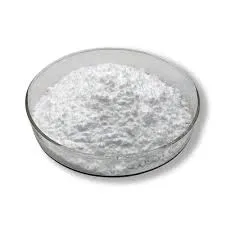In summary, cow eye infections can pose a significant threat to herd health and productivity if not properly managed. Understanding the signs and causes of these infections, along with timely treatment and effective preventive measures, can help cattle owners maintain the health of their animals and ensure smooth farm operations. Regular check-ups by a veterinarian, combined with proper farm management practices, are essential to safeguard against these infections and promote the well-being of livestock.





